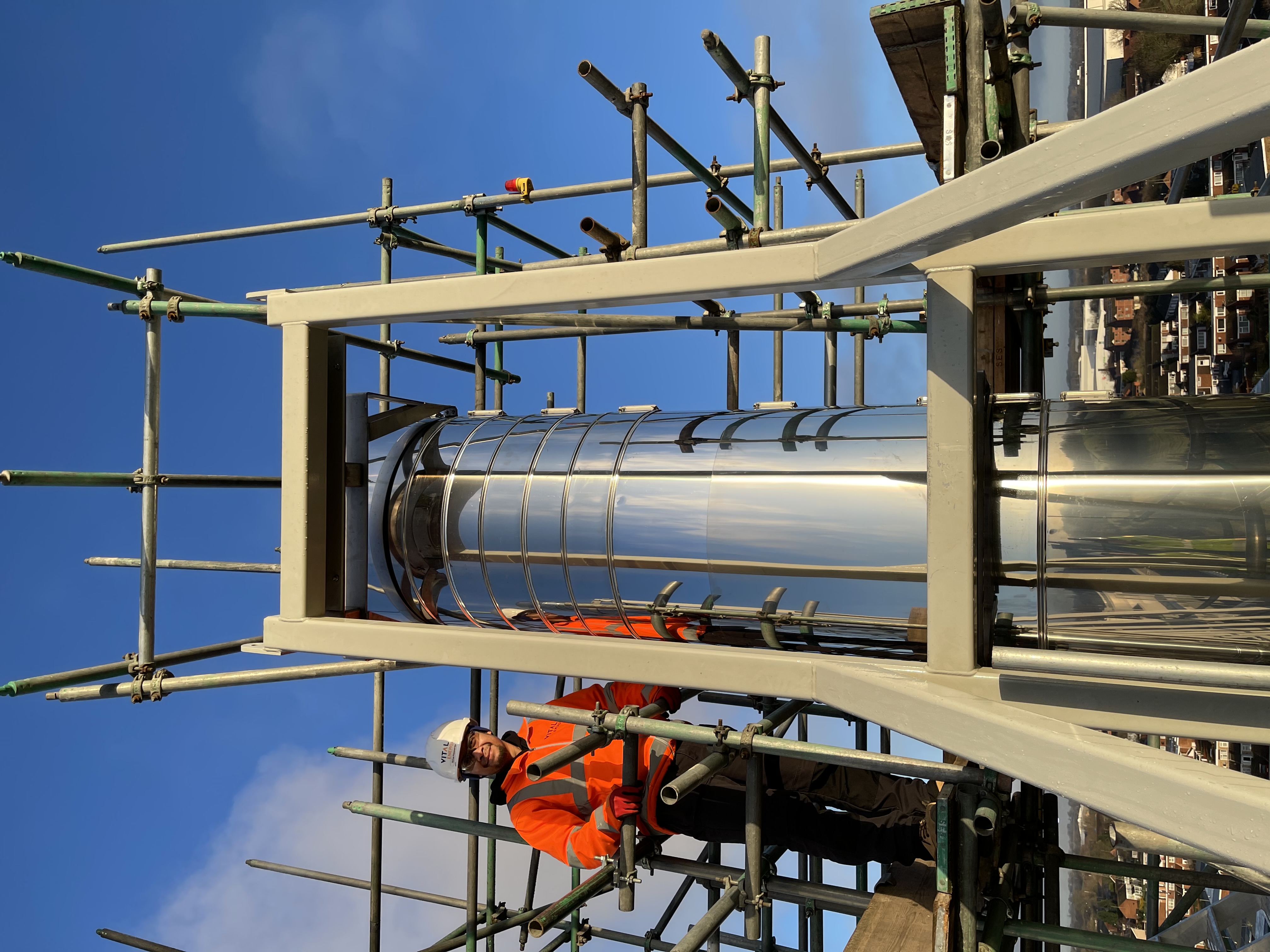Improvements cut carbon footprint by 4,125 tonnes a year and save more than £1.6m across two hospital sites

Vital Energi is delivering financial savings of £1.6m a year for University Hospitals Coventry and Warwickshire NHS Trust (UHCW), money that will be used to improve patient care.
As part of a project delivered under the Carbon and Energy Fund (CEF), the company has also helped reduce the carbon footprint of UHCW’s two hospital sites by 4,125 tonnes a year after installing futureproof energy generation equipment.
It involved significant restructuring works of University Hospital Coventry’s main clinical waste compound to be able to accept the new 3.3MW combined heat and power unit (CHP) and all ancillary equipment.
And new accommodation was constructed to relocate and store medical sharps cabinets and a new delivery area built to redirect deliveries of clean linen and the removal of all site laundry.
The savings, both financial and in carbon emissions, are part of our journey towards net zero
In addition, Vital Energi completed upgrades to the BMS system at the Hospital of St Cross in Rugby and upgraded over 2,000 lighting fittings to new energy-efficient LED bulbs.
Work began in August 2019 and carried on throughout the COVID-19 pandemic.
Steve Black, Vital Energi’s account director, who led the project, said: “We overcame a number of challenges during construction, such as maintaining the waste compound operational activities in a safe and efficient manner while building works were carried out in proximity.
“We also maintained a good workflow through the project despite the COVID-19 pandemic hitting at a critical point in the schedule.
“We’re delighted that the energy project programme was a success and the trust is now gaining the benefits of the integrated energy solutions which are paving the way to a low-carbon future for both hospitals.”
UHCW’s sustainable development manager, Clive Robinson, added: “The savings, both financial and in carbon emissions, are part of our journey towards net zero.
“And delivering a complex project such as this on a busy hospital site with minimal disruption was a credit to all involved."